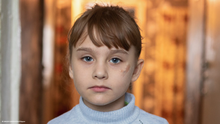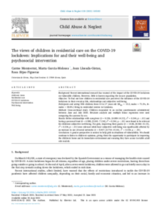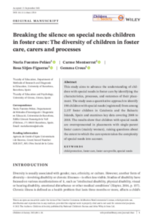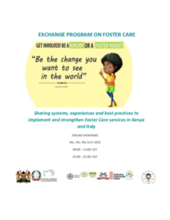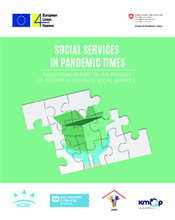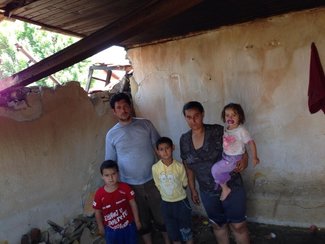

Displaying 51 - 60 of 545
The DataCare Project was launched by Eurochild with support from UNICEF in March 2020. The project aims to carry out a comprehensive mapping of child protection data systems across the 27 Member States of the European Union (EU) and the UK. In addition to providing an overview of the situation of children in alternative care in Europe, this project aims to inform EU efforts to agree to comparable benchmarks and indicators to monitor progress in child protection reforms across Europe.
Recent international research has warned of the impact of the COVID-19 lockdown on vulnerable children. However, little is known regarding the in-care population. The objective of this study was to find out how children in residential care perceived the influence of the COVID-19 lockdown in their everyday life, relationships and subjective well-being. Participants and setting: 856 children from 10 to 17 years old (Mage = 15.5, males = 71.2%, females = 28.8%) living in residential centres in Catalonia.
Adolescents living in residential youth care (RYC) are at risk for disadvantaged social relationships, which in turn present a risk factor for increased loneliness. Social relationships of Slovenian adolescents aged 15–18 years and living in RYC group homes or in their primary families were investigated by relying on the social convoy framework.
This study aims to advance the understanding of children with special needs in foster care by identifying the characteristics, processes, and outcomes of their placement. The study uses a quantitative approach to identify 190 children with special needs (registered) from among 2,157 foster children in Catalonia and the Balearic Islands, Spain and examines key data covering 2008 to 2018. The results show that children with special needs are overrepresented in placements with single-parent foster carers (mainly women), raising questions about the extent to which the care system takes the complexity of special needs into account.
The Kenya-Italy “Virtual Exchange Program on Foster Care” aims to create a platform for learning, networking and sharing knowledge and best practices on Foster Care among different government stakeholders, from Kenya and Italy.
The exchange program took place on 5th, 7th and 9th July 2021.
This event will reflect on how cooperation and knowledge sharing can support meeting the needs of children at risk and in the alternative care system.
ISPCAN in partnership with Italian country partner, CISMAI, will be hosting the 2021 European Congress in the Rimini Convention Center. The event has been postponed from its original dates (June 22-24, 2020) to June 2021.
The main purpose of the Monitoring Report on the Decentralization Process of Social Services for 2020, is the reflection of the current situation on the full implementation of the decentralisation process of social services in Kosovo.
In the present study, the authors explored the adult-child interactions that took place in 116 families from Spain: 28 long-term non-kin foster families, 34 adoptive families, and a community comparison group made up of 54 families.
In this webinar the speakers discussed the implementation experiences and emerging lessons of COVID-19 response strategies of seven programmes that prioritize nurturing care and early childhood development in their work.

